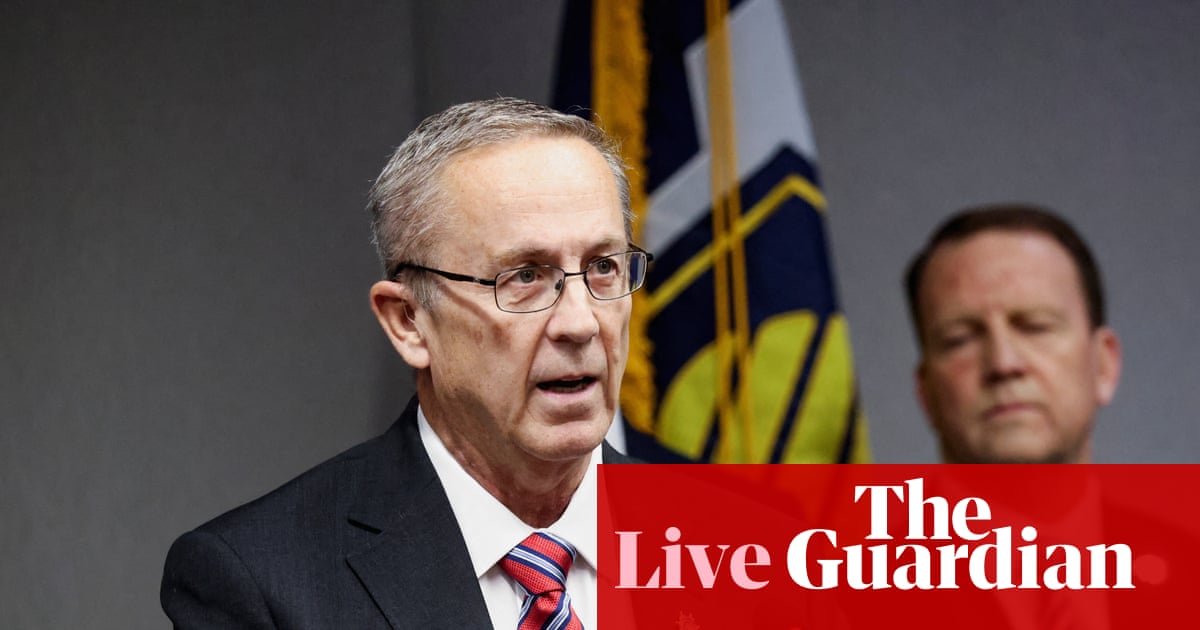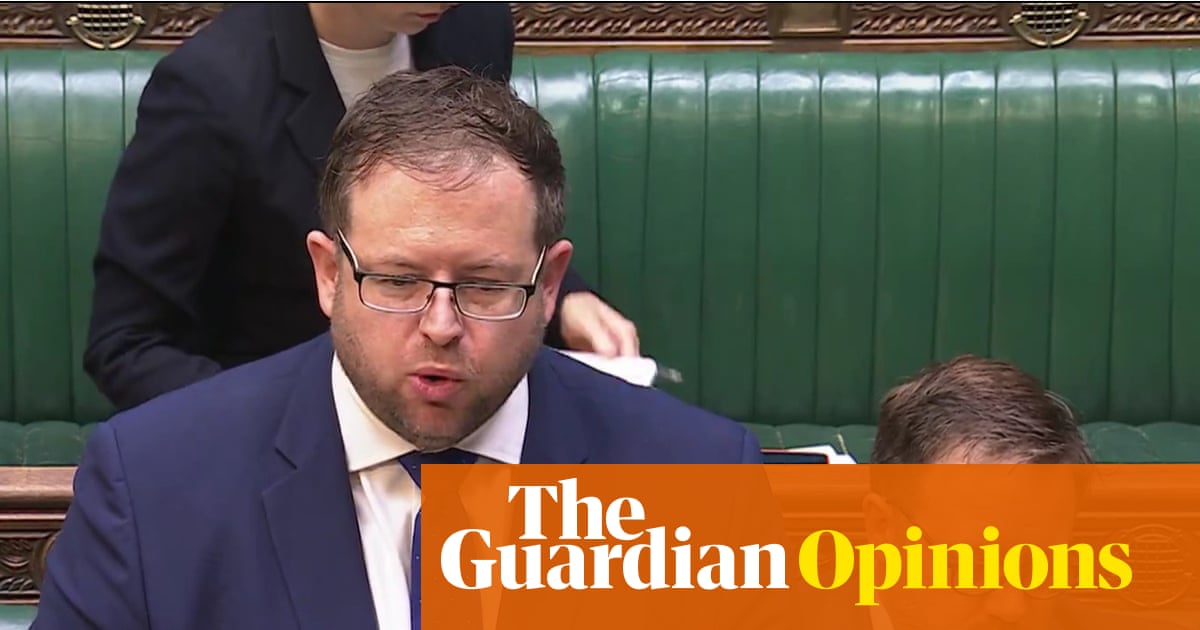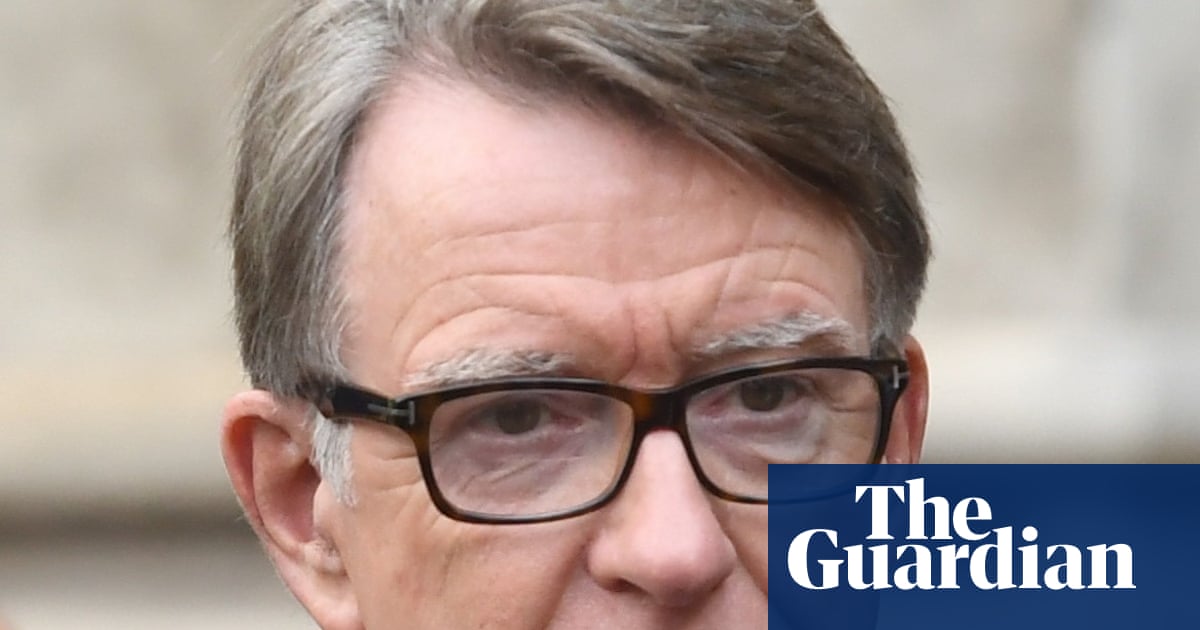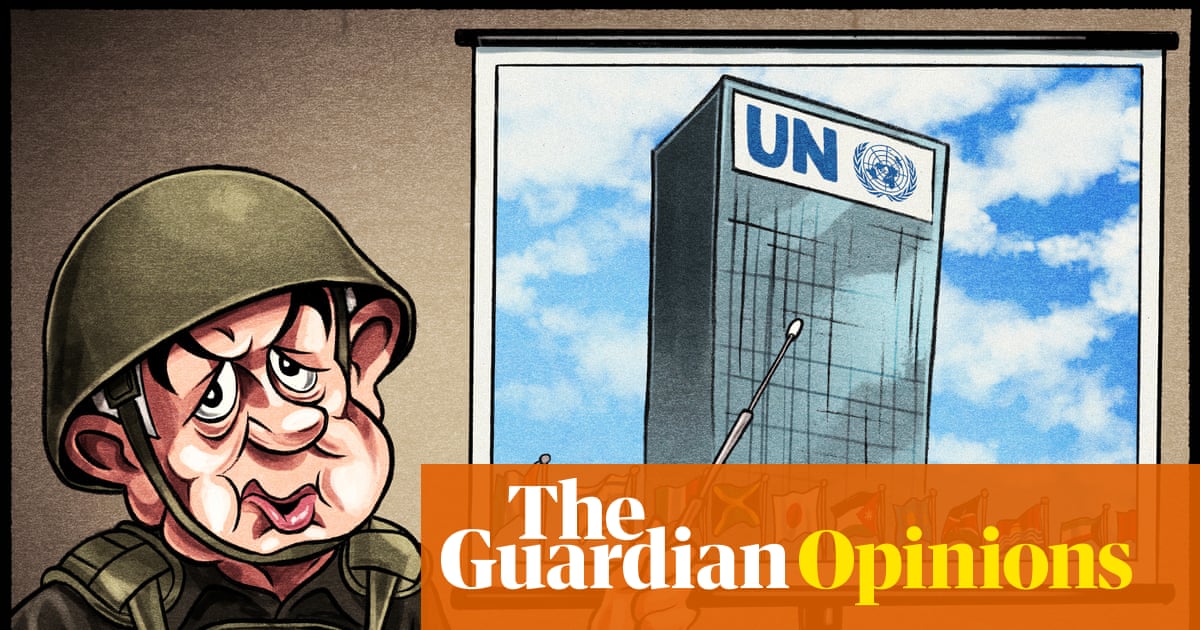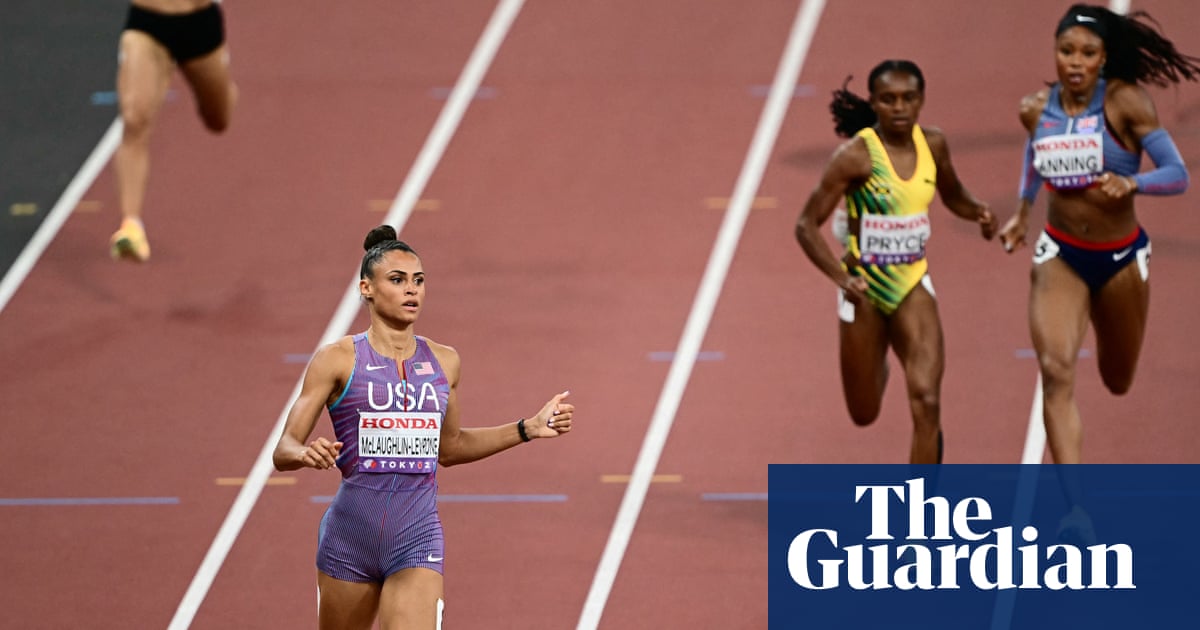People with the power to change the direction of the Democratic party – the executive committee of the Democratic National Committee (DNC) – met last Friday for the first time in five months.
They took no action.
The party’s bylaws make the executive committee “responsible for the conduct of the affairs of the Democratic party” between the meetings of the full committee, which isn’t scheduled to gather until late August. But taking responsibility wasn’t on the agenda. Instead, committee members and staff kept praising each other and committee leaders. Many talked about improving the party’s infrastructure and vowed to defeat Republicans. Deliberation, proposals and debate were completely absent. So was a sense of urgency.
After so many months without a meeting, you might think that the executive committee would have a lot to talk about. But it was scheduled to meet for only three hours, which turned out to be more than adequate for what anyone had to say. The committee adjourned after an hour and a half.
If obscurity was a goal for the national meeting, held in Little Rock, Arkansas, it was a success. The DNC’s website didn’t mention the meeting. Media coverage was close to nonexistent.
The committee leadership remains largely within a bubble insulated from the anger and disgust – toward the party – that is widespread among countless Democrats and other Americans. They want the Democratic party to really put up a fight, while its leaders mainly talk about putting up a fight. The Trump regime is setting basic structures of democracy on fire, while Democratic leaders don’t seem to be doing much more than wielding squirt guns.
A week ago the new chair, Ken Martin, received a petition calling for an emergency meeting of the full 448-member committee. The petition, cosponsored by Progressive Democrats of America and RootsAction (where I’m national director), includes more than 1,500 individual comments. They’re often filled with anguish and rage.
The California representative Ro Khanna has joined in the call for an emergency committee meeting. “I’ve supported it, I’ve spoken directly to our chair Ken Martin about it,” Khanna said last week. “Look, what’s going on is chilling … They’re banning all international students from coming to Harvard. I mean, think about that – all foreign students banned. They could do this in other universities. They have fired, or let go of, seven of the 18 directors at the NIH, totally dismantling future medical research in our country. They have dismantled the FDA, firing people who approve new drugs. They are systematically firing people at the FAA … They’re openly talking about defying United States supreme court orders, [Vice-President JD] Vance has said just defy the orders. They’re calling universities ‘the enemy’. This is very chilling.”
Khanna then zeroed in on a crucial point that party leaders have so far refused to acknowledge, much less heed: “It’s not enough for us to have individual responses. I’m out there doing my town halls in red districts, Bernie [Sanders] is inspiring the country with his oligarchy tour, but they’re all individual efforts. We need concerted effort, we need a battle plan. And that’s what an emergency DNC meeting would do – it would acknowledge the stakes, and it would say ‘here is our plan’ – to make sure that they’re not degrading and chipping away at every institution of American democracy.”
Refusal to call an emergency meeting is a marker of deeper problems, with Democratic party leadership remaining in a political rut – spouting mildly liberal rhetoric while serving the interests of big donors, high-paid consultants and entrenched power brokers. Along the way, such business as usual is a gift that keeps on giving power to the pseudo-populist messages of Maga Republican politicians, who don’t have to go up against genuine progressive populism at election time. No wonder the Democratic party has lost most of the working-class vote.
With no Democrat in the White House, the DNC chair is powerful. To his credit, Martin talks articulately about the need to “democratize this party”. Four months into the job previously held by Jaime Harrison, who was Joe Biden’s obedient appointee, Martin is clearly an improvement. How much of an improvement is unclear.
After the DNC’s executive committee adjourned, Martin provided a glimmer of hope for ending the chokehold that mega-funders, notably Aipac, have exerted on recent primary campaigns. He was interviewed by my colleague Sam Rosenthal, covering the event for Progressive Hub and apparently the only journalist based outside of Arkansas to make the trek to Little Rock. In response to a question about whether he would “like to see less influence from dark money, removing the influence especially in Democratic party primaries”, Martin said: “Yes. In fact, I’ll be bringing forward a resolution on that, and I will be pushing hard for our party to come up with solutions on this so that we actually have our candidates and campaigns realize that we have to live our values; we can’t just say we want dark money out of politics and then have candidates and their campaigns accepting all types of support from these shadow groups. We actually need to reverse course.”
That reply might indicate that Martin is now willing to move away from the position that he took while running for DNC chair in January, when he said: “There are a lot of good billionaires out there that have been with Democrats who share our values and we will take their money, but we’re not taking money from those bad billionaires.”
With June under way, the Democratic party is no closer to operating with urgency to vigorously oppose the daily Trump attacks on basic rights, the rule of law, and the economic interests of most Americans. The party’s terrible approval ratings in polls – with disdain for its congressional leaders – make the need for drastic changes in the party all too clear.
But when the DNC and allied party organizations do outreach urging people to “get involved”, routinely the only involvement urged or offered is to give money. It’s a formulaic approach that reveals just how little the national party is really seeking participatory democracy.
Millions of usual (and all-too-often former) Democratic voters see party leaders as asleep at the switch, while the Trump regime is hard at work enriching the already rich and demolishing structures of democracy. As usual, if genuine change for the better is going to come, it won’t be handed down from on high. People at the grassroots will have to fight for it.
-
Norman Solomon is the director of RootsAction and executive director of the Institute for Public Accuracy. His latest book is War Made Invisible: How America Hides the Human Toll of Its Military Machine

.png) 3 months ago
75
3 months ago
75




